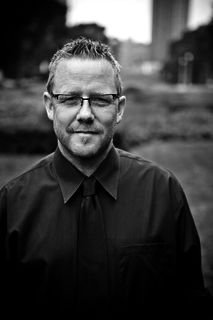A Quote by Robert J. Sawyer
What Bradbury had that most other science-fiction writers didn't have at that time was a love for beautiful language, evocative description, and haunting phrases that would stick with the reader.
Related Quotes
What writers of fantasy, science fiction, and much historical fiction do for a living is different from what writers of so-called literary or other kinds of fiction do. The name of the game in F/SF/HF is creating fictional worlds and then telling particular stories set in those worlds. If you're doing it right, then the reader, coming to the end of the story, will say, "Hey, wait a minute, there are so many other stories that could be told in this universe!" And that's how we get the sprawling, coherent fictional universes that fandom is all about.
I would say that most of my books are contemporary realistic fiction... a couple, maybe three, fall into the 'historic fiction' category. Science fiction is not a favorite genre of mine, though I have greatly enjoyed some of the work of Ursula LeGuin. I haven't read much science fiction so I don't know other sci-fi authors.
Science fiction is the most important literature in the history of the world, because it's the history of ideas, the history of our civilization birthing itself. ...Science fiction is central to everything we've ever done, and people who make fun of science fiction writers don't know what they're talking about.
I have always been intensely uncomfortable with the idea of a science fiction writer as prophet. Not that there haven't been science fiction writers who think of themselves as having some sort of prophetic role, but when I think of that, I always think of H.G. Wells - he would think of what was going to happen, and he would imagine how it would happen, and then he would create a fiction to illustrate the idea that he'd had. And no part of my process has ever resembled that at all.
More than fantasy or even science fiction, Ray Bradbury wrote horror, and like so many great horror writers he was himself utterly without fear, of anything. He wasn't afraid of looking uncool - he wasn't scared to openly love innocence, or to be optimistic, or to write sentimentally when he felt that way.
The truth is that Trout, like Vonnegut and Ray Bradbury and many others, writes parables. These are set in frames which have become called, for no good reason, science fiction. A better generic term would be 'future fairy tales'. And even this is objectionable, since many science fiction stories take place in the present or the past, far and near.
There are certain kinds of people who write science fiction. I think a lot of us married late. A lot of us are mama's boys. I lived at home until I was 27. But most of the writers I know in any field, especially science fiction, grew up late. They're so interested in doing what they do and in their science, they don't think about other things.


































